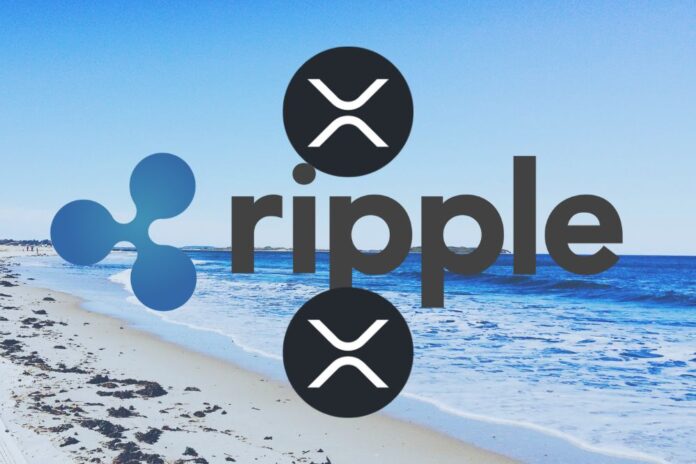A recent federal court ruling in the highly publicized SEC v. Ripple lawsuit has added a new layer of clarity to the XRP landscape, challenging long-held assumptions about Ripple’s relationship with the XRP Ledger (XRPL) and its native cryptocurrency, XRP.
The decision, which denied the SEC’s motion to certify an interlocutory appeal, not only addressed immediate legal matters but also shed light on crucial aspects of Ripple’s involvement with XRP.
In a surprising turn of events, the court ruling under Judge Analisa Torres stressed that Ripple does not own the XRP Ledger. This declaration contradicts widely held beliefs among cryptocurrency enthusiasts who assumed Ripple exerted ownership over XRP due to its close affiliation with the digital asset and significant holdings in escrow.
🤯🤯 This is what we call – CLARITY.
Today was a good day.#XRP #XRPCommunity #XRPHolders pic.twitter.com/iPMD7Lszge
— 𝟸𝟺𝙷𝚁𝚂𝙲𝚁𝚈𝙿𝚃𝙾 (@24hrscrypto1) October 4, 2023
By disentangling Ripple from XRP ownership, the court’s statement clarifies the legal status of these entities and challenges misconceptions prevalent in the crypto community.
Tangible Consideration or Mere Development?
At the heart of the Ripple lawsuit lay the Securities and Exchange Commission’s (SEC) claim that Ripple’s distribution of XRP violates securities laws.
The court’s latest ruling addressed this issue by scrutinizing the nature of Ripple’s other distributions. It noted that the previous decision, issued on July 13th, was based on applying the Howey test, a well-known standard to determine whether an asset qualifies as an investment contract.
Notably, the court emphasized that the first prong of the Howey test requires an investment of money. In light of this, the court concluded that recipients of the other distributions did not pay any money to Ripple. Instead, these distributions predominantly involved grants given to third parties in support of developing new applications for XRPL.
We are on twitter, follow us to connect with us :- @TimesTabloid1
— TimesTabloid (@TimesTabloid1) July 15, 2023
Read Also: Attorney Deaton Explains Why SEC Can Only Be Forced To Settle XRP Lawsuit with Ripple
The misconception surrounding Ripple’s ownership of XRPL and XRP has caused confusion within the crypto community. In reality, Ripple utilizes XRP as a bridge currency for swift cross-border settlements, while its escrow system ensures a controlled release of the cryptocurrency.
By dispelling the notion of ownership, this court ruling brings clarity to Ripple’s involvement with the XRP ecosystem, underscoring the company’s pivotal role as a trailblazer in payment solutions within the crypto industry.
Impact on the Crypto Landscape
This court ruling has far-reaching implications, not just for Ripple and XRP, but for the broader cryptocurrency landscape. The confirmation that Ripple does not own XRPL establishes a unique precedent and brings legal clarity, positioning XRP as the only altcoin with such status in the United States. This newfound legal certainty paves the way for increased adoption and opens doors for further innovation within the XRP ecosystem.
Follow us on Twitter, Facebook, Telegram, and Google News


